Sicily, the largest island in the Mediterranean, is way more than just beautiful beaches and ancient ruins. If you’re a food lover who craves hands-on adventures, this place is a dream.
Foraging and cooking holidays in Sicily let you get up close with the island’s culinary roots. You’ll learn to spot edible wild plants with local chefs who know their stuff. These trips usually blend countryside wanderings with cooking workshops, where you’ll turn your foraged treasures into real Sicilian dishes.
Head out to Caltavuturo’s lush countryside or the rolling Madonie hills, and you’ll find wild herbs, mushrooms, and edible plants hiding everywhere. Local experts, often with knowledge passed down through generations, will show you what’s safe to eat and how to use it.
These retreats often add in local market visits, wine tastings, and trips to food festivals. You’ll get a true taste of Sicilian food culture—way beyond what most tourists ever see.
1. Sicilian Wild Herb Foraging with Local Experts

- Immersive culinary adventure that puts you in touch with Sicily’s botanical heritage while you learn sustainable foraging practices
Sicily’s countryside is bursting with wild herbs if you know where to look. In Caltavuturo, expert forager Gesualdo Faulisi leads you through green meadows and stone walls to find edible plants locals have used for ages.
This is a hands-on, educational experience. You’ll sniff out wild basil, rosemary, thyme, and other fragrant herbs right where they grow.
The best part is returning to a rustic kitchen to turn your harvest into real Sicilian dishes. It’s all about connecting with tradition.
The workshops usually run May to October, when herbs are at their best. If you’re into food and nature, this is your kind of adventure.
Bring comfy shoes and a sense of curiosity. No foraging experience? Doesn’t matter—just show up hungry to learn.
2. Hands-on Cooking Classes at a Sicilian Farmhouse

- Here’s your chance to roll up your sleeves in real Sicilian kitchens while staying at cozy farmhouses.
Lots of Sicilian agriturismi (farmhouses) offer cooking classes led by skilled chefs or, honestly, the best teachers—Italian nonnas who’ve mastered these recipes over a lifetime. You’ll use seasonal ingredients, often picked right outside the door.
Picture this: waking up in a 19th-century farmhouse, olive groves all around, and lemon trees heavy with fruit. You might head out to gather herbs and veggies before your lesson.
Classes are small and hands-on, so you get plenty of attention. You’ll learn to make classics like arancini, pasta alla Norma, or cannoli, with your instructor guiding you every step.
Afterward, you’ll eat what you cooked—usually outside, countryside all around, and maybe a glass of local wine in hand. Some places even offer multi-day programs if you want to go deeper.
3. Visit to Verdant Sicilian Citrus Groves
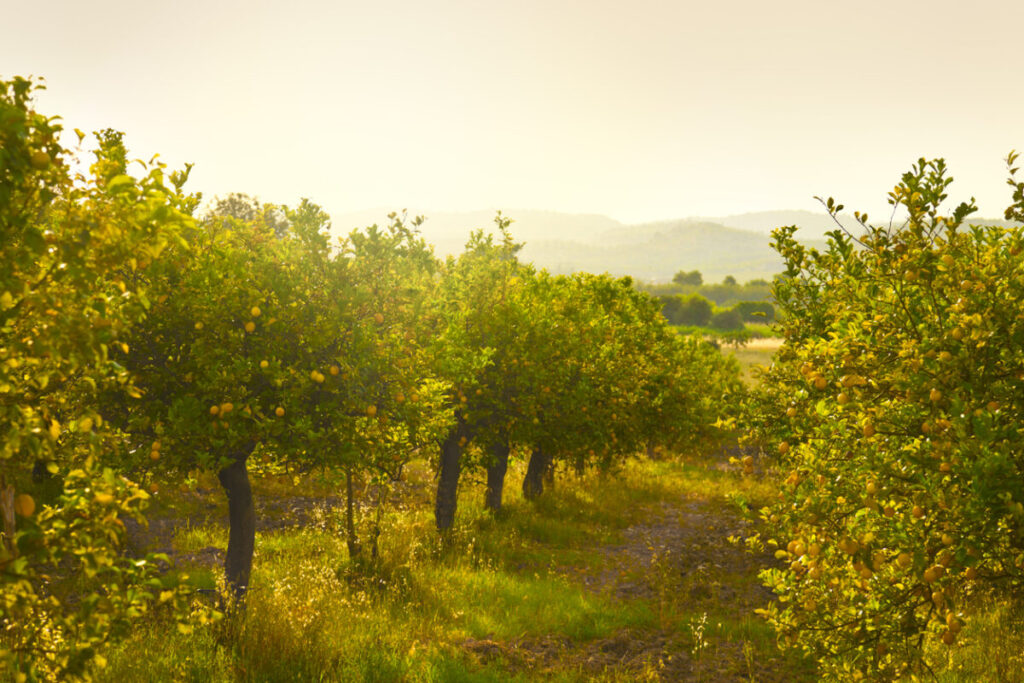
• Take a sensory stroll through Sicily’s fragrant citrus groves and learn how locals grow and harvest these iconic fruits.
Sicily’s citrus groves are an absolute treat for the senses. Thanks to the island’s sunny climate, lemons, blood oranges, and mandarins thrive here like nowhere else.
You’ll wander through family-run groves with farmers who’ve been growing citrus for generations. The air is thick with blossom and fruit, and the farmers will show you organic methods that haven’t changed much in centuries.
Many farms let you pick your own sun-warmed fruit. Guides teach you to spot the ripest ones—by color, weight, and that unmistakable aroma.
Usually, you’ll head to a cooking workshop next, using your citrus haul to make things like candied peel, marmalade, or even limoncello.
Some groves have been producing fruit for over a hundred years. The farmers’ passion is contagious, and you’ll leave with a real appreciation for these zesty fruits.
4. Foraging for Fresh Wild Mushrooms in Madonie Mountains

- Go on an autumn adventure—nature walks and culinary discoveries in Sicily’s mountainous heart.
The Madonie Mountains are a paradise for mushroom lovers, especially in the fall. The woods fill with edible varieties hiding under oak, beech, hornbeam, and chestnut trees.
You’ll set out in the mornings with expert guides who’ll show you which mushrooms are safe and how to pick them responsibly. The cool mountain air and dappled light make it feel almost enchanted.
Castelbuono is a great base for your mushroom adventure. This mountain town celebrates its foraging heritage, and locals are happy to share their knowledge.
After the hunt, you’ll take your mushrooms to places like Alter Ego Restaurant, where chefs help you turn them into classic Sicilian dishes. Eating what you just gathered? There’s nothing quite like it.
5. Cooking Traditional Sicilian Dishes with a Chef

- Dive into authentic techniques and create a full Sicilian meal from antipasti to dessert.
Honestly, learning from Sicilian chefs in person is unbeatable. Many cooking holidays offer small-group workshops in beautiful villas or farmhouses.
You’ll get your hands in the dough making fresh egg pasta, stuffed pasta, and simple pasta with traditional sauces. Some classes cover an entire meal, from appetizers to dessert.
The real highlight is sitting down afterward to enjoy your creations with good company and local wine. The relaxed settings make it easy to learn and have fun.
Chefs often share stories and explain why certain ingredients matter in Sicilian cooking. You’ll walk away with more than just recipes—you’ll understand the “why” behind them.
6. Exploring Historic Sicilian Markets for Fresh Ingredients

- Market tours with local chefs—jump into the lively world of Sicily’s traditional markets and learn how to pick the best seasonal produce.
Sicily’s historic markets really are the soul of its food culture. Every city has its own bustling bazaar, each with a unique vibe.
In Palermo, the ancient Ballarò market is pure chaos in the best way—vendors shouting “abbanniata” as they sell everything from blood oranges to fresh sardines.
Many cooking classes start with a market tour. You’ll follow a local chef through the stalls, picking out ingredients and learning about Sicily’s farming traditions.
Catania’s fish market, La Pescheria, is another must-see. Watching fishmongers expertly handle the catch of the day before you buy your seafood is a show in itself.
These tours aren’t just shopping trips—they’re your window into how Sicilians think about food, and you’ll meet the people who grow and catch it.
7. Olive Grove Tours and Olive Oil Tasting Experiences
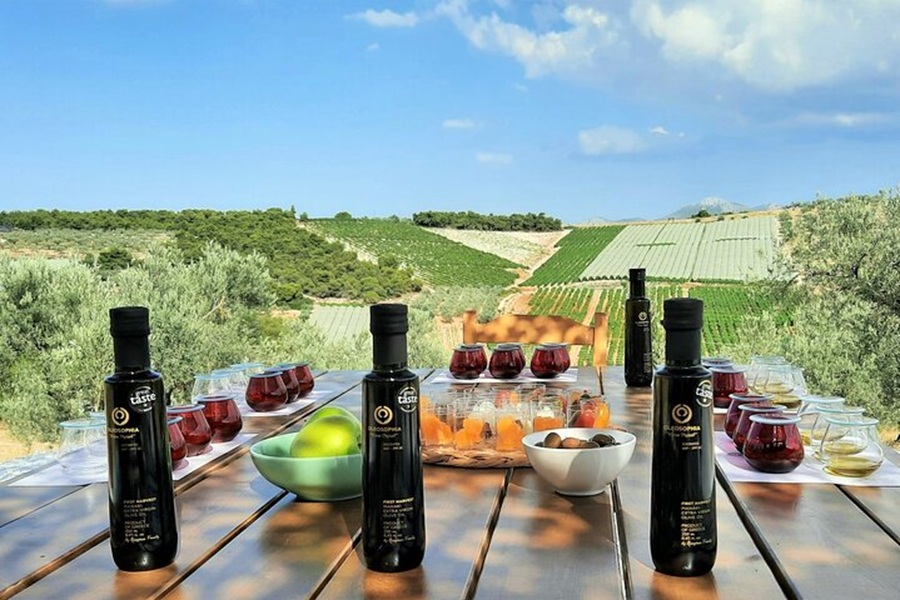
- Step into Sicily’s world of “liquid gold” and learn from families who’ve been making olive oil for generations.
Sicily’s olive groves are more than just pretty—they’re living history. You’ll walk among ancient trees and get a crash course in olive cultivation from passionate farmers.
Family-run estates near Palermo and Marsala open their doors for real, immersive experiences. You’ll hear stories passed down through the years and see how they keep traditions alive.
The tastings are a treat. You’ll learn to tell the difference between premium cold-pressed oils, and many tours pair them with local wine or balsamic vinegar.
What’s really special is the welcome you get—these farmers treat you like a guest, not just a tourist. Many visits include a farm lunch, so you taste the oils in classic Sicilian dishes.
8. Learning to Prepare Sicilian Street Food with Foraged Ingredients

- Wild Herb Arancini Workshop—forage for wild herbs in the morning, then turn them into mouthwatering street food by afternoon.
Imagine wandering the Sicilian countryside, basket in hand, picking wild fennel, capers, and rosemary with a local expert. This experience blends the thrill of foraging with the fun of making real street food.
Based in Palermo, this three-day workshop teaches you to spot and use wild plants in street food favorites. You’ll make arancini with foraged herbs, panelle with wild chicory, and sfincione topped with mushrooms you picked yourself.
Each day, you’ll explore a new terrain—coastal spots for sea fennel, inland hills for wild asparagus, and woodland edges for mushrooms (if you’re lucky with the season). Your guide, Maria, is a third-generation street food vendor who shares family recipes adapted for wild ingredients.
You’ll head home with the know-how to turn humble foraged finds into street food that bursts with Sicilian flavor.
9. Day Trips for Foraging Coastal Edibles like Sea Fennel
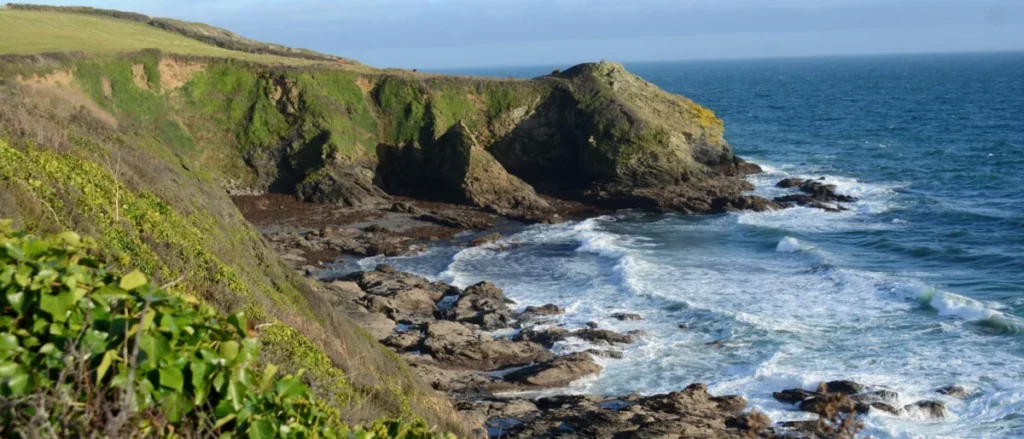
- Sicily’s rugged coastline is a goldmine for edible plants that thrive in salty air, bringing flavors you just can’t buy.
The rocky shores are perfect for day trips focused on coastal foraging. Local guides lead small groups to hunt for sea fennel, wild asparagus, and other coastal gems.
You’ll stroll along old mule tracks and limestone terraces, learning from experts how locals have gathered these plants for generations.
Exploring near Siracusa was a highlight for me—our guide pointed out sea fennel’s feathery leaves growing straight from the rocks. Its crisp, salty bite is amazing in seafood dishes.
Most tours end with a cooking session, where you whip up Sicilian recipes using your finds. These wild coastal plants add flavors that really set Sicilian food apart.
10. Participating in a Farm-to-Table Sicilian Cooking Retreat
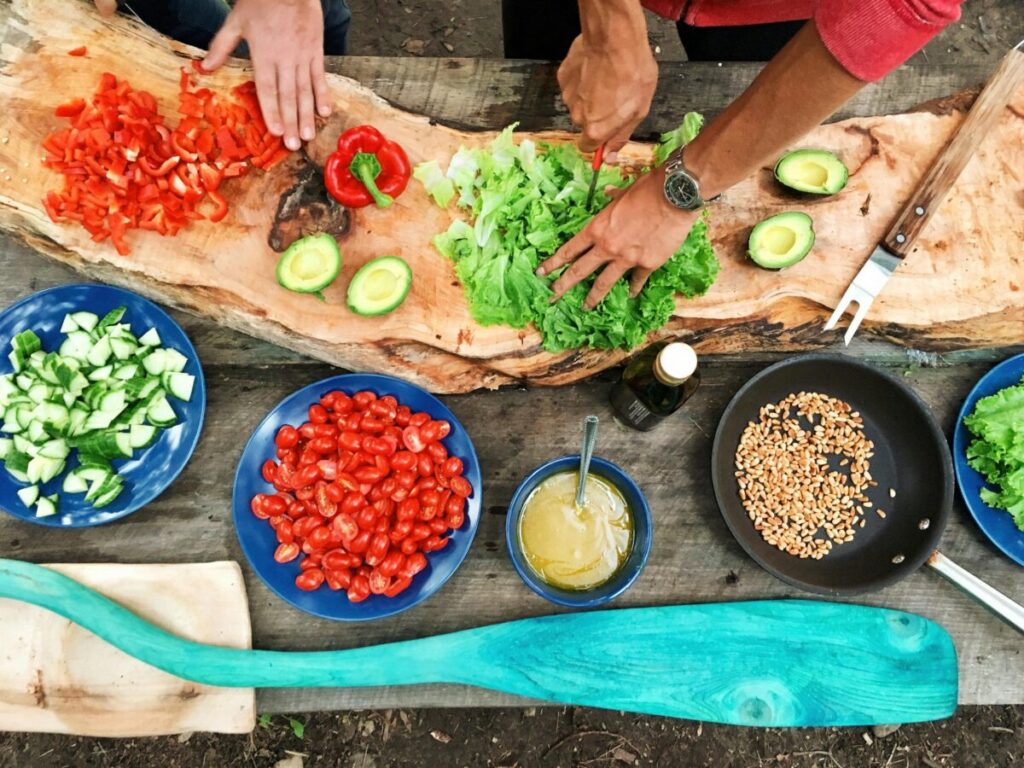
- Ideal for foodies who want to experience Sicily’s food journey from field to plate.
Farm-to-table retreats in Sicily are about as immersive as it gets. At Three Farms Island in Noto, you’ll dive into authentic flavors through hands-on activities that connect you to the land.
Many retreats take place in historic farmhouses surrounded by gorgeous countryside. You might start your day with gentle yoga, then head out to forage herbs and ingredients for cooking.
If you’re planning ahead, the May 2025 retreat with chefs Dora Maugeri and Claire Ptak looks incredible. It’s set in a private Mediterranean villa during citrus harvest—a week of learning Sicilian secrets and eating like royalty.
These retreats stand out for the connections you’ll build with local experts. Some even pair you with Sicilian nonnas (grandmothers) who invite you into their homes to share family recipes for pasta, caponata, and cannoli.
Understanding Sicily’s Foraging Traditions
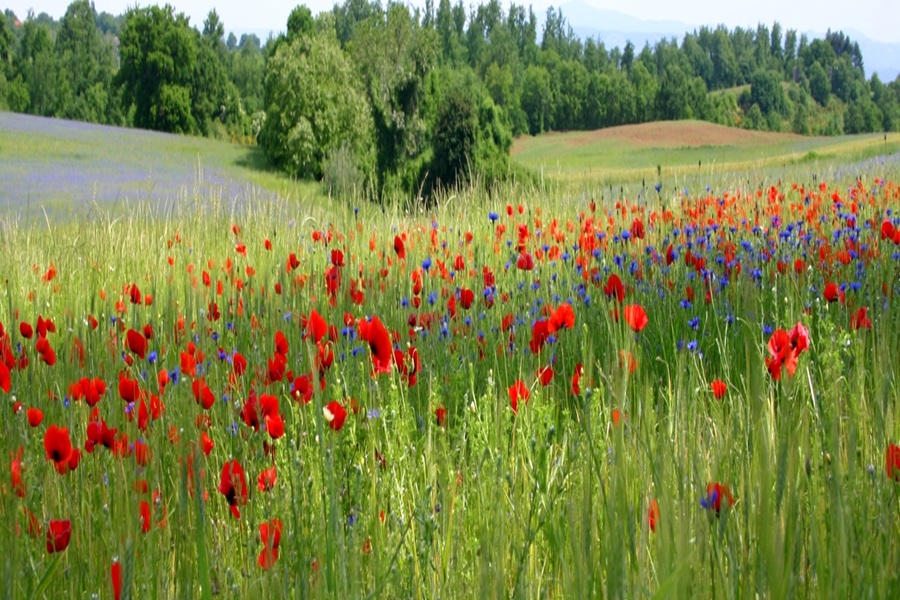
Sicily’s foraging traditions run deep, woven into the island’s identity and shaped by centuries of history. Locals still gather wild foods today, just as their ancestors did.
Historical Roots of Foraging in Sicilian Culture
Sicily’s tangled history of invasions left its mark on how people forage. Every conquering group—Greeks, Romans, Arabs, Normans, Spaniards—brought new food ideas that blended with local ways.
In tough times, foraging wasn’t a trendy hobby but a survival skill. Many Sicilian grandparents still remember when wild greens and mushrooms helped stretch scarce food supplies.
This deep tie to the land reflects Sicily’s spirit of self-sufficiency. Even now, during the afternoon siesta, you might spot someone gathering herbs on a hillside or searching for wild asparagus in spring.
Common Wild Ingredients Found in Sicily
Sicily’s landscape is wild and varied, so it’s no surprise you’ll stumble upon all kinds of forageable foods, especially as the seasons shift.
Spring Treasures:
- Wild asparagus (sparacogne) pops up, thinner and punchier than what you find in stores.
- Wild fennel (finocchietto selvatico) is a must-have for pasta con le sarde.
- Borage (borragine) brings those blue starry flowers and leaves that taste a bit like cucumber.
Summer and Fall Finds:
- Capers burst out of rocky crevices along the coast.
- Prickly pears (fichi d’India) dot the roadside cacti, just waiting to be picked.
- Wild mushrooms, like porcini and a bunch of local types, become a real treat.
Sicilian cooks love to show off these wild ingredients. You’ll notice wild herbs in stuffed sardines, foraged greens in pasta, and even wild fruits making their way into classic desserts.
Locals usually pass down foraging know-how through the family. If you join a foraging tour, don’t be surprised if your guide shares a story or two about learning from their nonna.
What to Expect on a Foraging and Cooking Holiday in Sicily

A Sicilian foraging and cooking holiday mixes outdoor adventure with hands-on kitchen time. The experience really depends on the season, which keeps things interesting.
You’ll pick up old-school gathering techniques and learn how to cook the Sicilian way, all while soaking in those Mediterranean views.
Seasonal Variations and Best Travel Times
Spring (April-May) is the jackpot for wild herbs and veggies. Wild fennel, asparagus, and edible flowers start popping up everywhere. The weather? Pretty much perfect for being outside.
In summer, wild berries and figs make an appearance, but it can get hot—sometimes too hot. Most programs handle this by foraging early and heading inside to cook when the sun’s blazing.
Come fall (September-October), it’s time to hunt mushrooms and help with the olive harvest. You might join in on grape picking for wine or gather chestnuts in the hills.
Winter brings truffle hunting and citrus picking. Fewer tourists show up, but winter programs usually lean into cooking classes and wine tastings since the weather can get unpredictable.
Safety and Responsible Foraging Practices
You’ll always go out with guides who really know their stuff. They can spot what’s safe to eat and what to avoid, which is pretty important since some plants look alike but aren’t friendly.
Your guide will show you how to identify edible plants and teach you how to pick them without harming the environment. Sustainable foraging is a big deal here.
Don’t taste anything unless your guide gives you the green light. Most programs hand out illustrated guides or suggest apps to help you learn, but always double-check with your instructor.
Take only what you’ll actually use. Sicilian foraging holidays focus on harvesting just enough and keeping the plants healthy. You’ll see how to avoid damaging roots or over-picking rare finds.
Dress for the terrain—long pants, sturdy shoes, and definitely bring sun protection. Bug spray is a must in the summer. Most programs provide baskets and tools, but you’ll want your own water bottle and maybe a camera for all those wild discoveries.
Frequently Asked Questions
Travelers always have questions about foraging and cooking holidays in Sicily. Here are some answers to help you plan your own tasty adventure on this gorgeous island.
What are the top-rated foraging and cooking holiday programs in Sicily?
People rave about “Wild Sicily,” which takes you out for herb foraging near Palermo with local experts. “Taste of Sicily” at a farmhouse near Syracuse also gets great reviews for its immersive vibe.
“Sicilian Kitchen Secrets” in the Madonie Mountains stands out too, mixing mushroom foraging with hands-on cooking classes. These programs all have passionate guides and feel genuinely Sicilian.
How can I experience the authentic Sicilian cuisine through a foraging and cooking holiday?
Try to find programs that include market visits with local chefs. You’ll learn to spot the freshest ingredients and maybe even pick up a few secrets from Sicilian nonnas.
Foraging for wild herbs in the countryside or mushroom hunting in the hills really gives you a taste of traditional Sicilian food culture.
Some programs also take you to olive oil farms, vineyards, or citrus groves. Tasting ingredients right at the source? That’s hard to beat.
Are there any foraging and cooking holidays in Sicily that cater to special dietary requirements?
Absolutely. Plenty of Sicilian cooking programs now work with different dietary needs. “Green Sicily” focuses on vegetarian and vegan classes using local and foraged produce.
“Allergen-Free Sicily” is great for folks with gluten, dairy, or nut allergies, but still keeps things authentically Sicilian. Always reach out to organizers ahead of time to talk about your needs.
Farm-to-table programs can usually tweak traditional recipes, so you won’t have to miss out on those classic Sicilian flavors.
Could you recommend foraging and cooking holidays in Sicily that are suitable for beginners?
“Sicily for Beginners” is a good pick if you’re just starting out. The instructors are patient, and the recipes stick to the basics, relying on wild herbs and veggies.
“Family Kitchen Sicily” welcomes newcomers with laid-back classes in a cozy farmhouse. The teachers speak great English and walk you through every step.
“Taste of Wild Sicily” is another solid choice for first-timers. They lead easy walks and give you clear tips for spotting edible plants and mushrooms.
What is the typical duration of a foraging and cooking holiday in Sicily?
Most programs last about 3 to 7 days. If you’re short on time, weekend workshops (2-3 days) offer a quick intro to Sicilian food and foraging.
Week-long trips go deeper, with more chances to forage and cook. Some fancy programs stretch to 10 days and throw in cultural trips to ancient sites between meals.
If you’re just passing through Sicily, you can usually find single-day experiences to squeeze in a bit of cooking fun.
Can you tell me about the costs associated with a foraging and cooking holiday in Sicily?
You’ll usually find prices somewhere between €150 and €300 per day, depending on how fancy you want things and what’s included. If you’re after something more affordable, “Rustic Sicily” kicks off at about €500 for a 3-day trip with simple places to stay.
For a bit more comfort, mid-range programs offer cozy accommodations, cover all your meals, and plan daily activities. Expect to pay between €1,000 and €1,500 for a week.
If you want to go all out, luxury experiences run from €2,000 to €3,000 for a week. These usually come with premium places to stay, private foraging spots, and sometimes even famous chefs.
Most of the time, the price covers your room, meals, classes, and getting around locally. But you’ll want to double-check if airfare to Sicily is included—it usually isn’t.

Leave a Reply